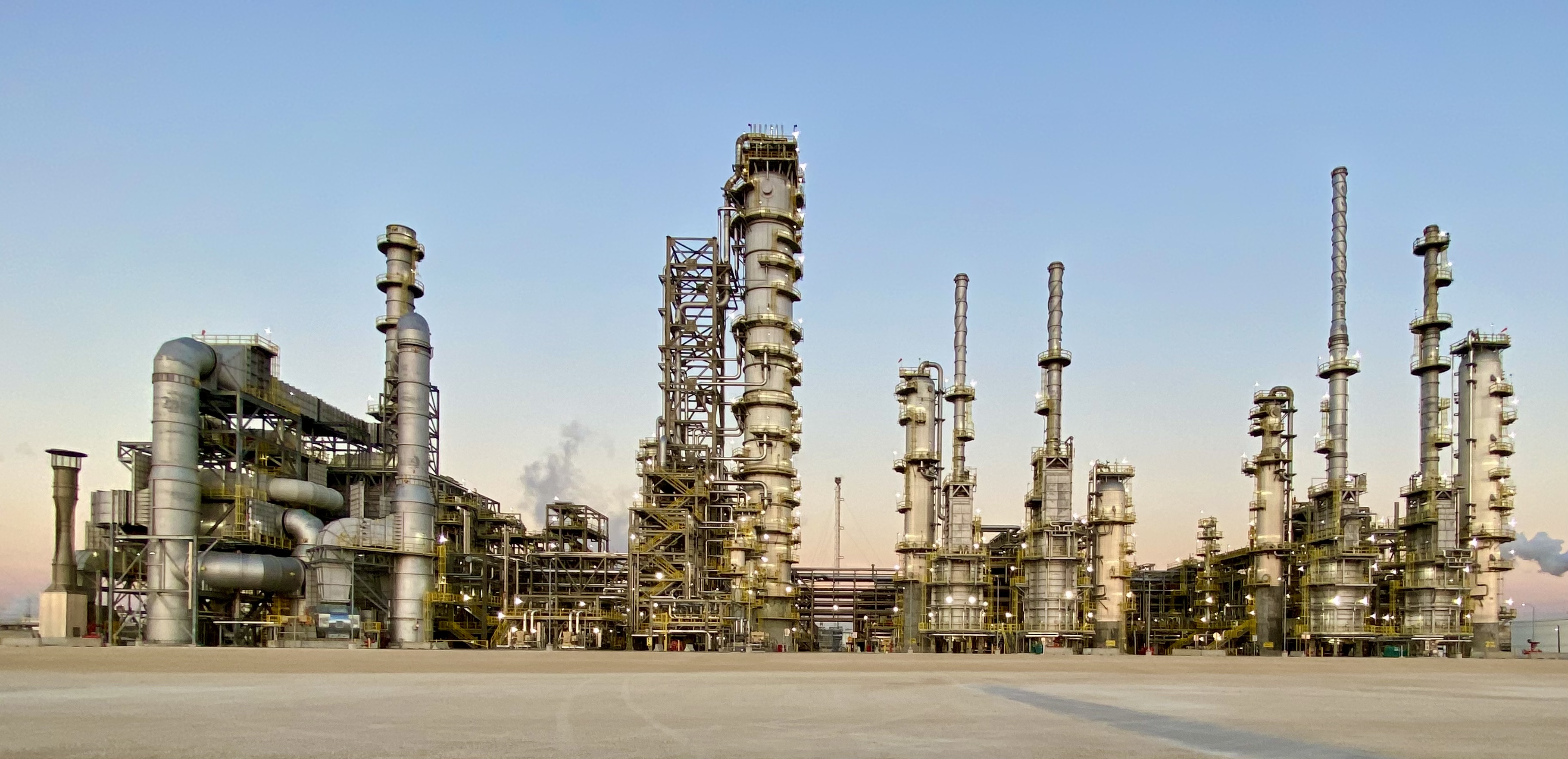
After four years of construction, ExxonMobil recently completed startup of the Beaumont Light Atmospheric Distillation Expansion project. Commonly referred locally as BLADE, the expansion consisted of adding a third crude unit and distillate hydrotreating at the ExxonMobil Beaumont Refinery complex, increasing production of diesel fuel to bring greater supply to the market.
The $2 billion dollar project increases the Beaumont Refinery’s light crude refining capacity by 250,000 barrels per day.
“We are excited to honor our 120th year of service in the Southeast Texas community by completing the largest U.S. refinery expansion project in a decade,” Rozena Dendy, Beaumont Refinery plant manager, said. “Our expansion is equal to adding the capacity of a new medium-sized refinery in Beaumont, further expanding our U.S. crude runs while supplying clean fuels to meet growing demand.”
The added volume increases total processing capacity to more than 630,000 barrels per day, making the Beaumont Refinery one of the largest in the United States.
“The Beaumont expansion is part of our long-term growth strategy, and has created a number of economic opportunities and jobs for our region, contributing to a better quality of life in Southeast Texas,” Dendy said.
Expansion construction began in 2019 and ExxonMobil hired nearly 1,700 contractors during peak activities, including roles in field construction and diesel dock fabrication. Local labor completed 3 million work hours on the project and the company spent over $500 million on local labor, subcontractors and suppliers - contributing back to the Southeast Texas economy. ExxonMobil has hired more than 50 full-time employees to help with the operation of the expanded refinery.
“Southeast Texas is an exceptionally strategic location for our expansion with its ready access to the region’s terminals, railways, pipelines and waterways,” Dendy said.
The Beaumont Refinery is connected to pipelines from ExxonMobil’s operations in the U.S. Permian Basin, providing the company with significant strategic advantages. Permian crude oil is processed at the Beaumont Refinery where the company manufactures finished products, including diesel, gasoline, and jet fuel. With the completion of Wink to Webster and Beaumont pipelines, the new crude unit will also be well-positioned to further capitalize on segregated crude from the Delaware Basin.
ExxonMobil’s extensive project management experience enabled the new crude and hydrotreater units to startup according to planned cost and schedule. During the construction phase, the full project team continued work through the pandemic with added safeguards and completed more than 4 million work hours without an injury requiring more than first aid.
“ExxonMobil maintained its commitment to the Beaumont expansion even through the lows of the pandemic, knowing consumer demand would return and new capacity would be critical in the post-pandemic economic recovery,” Karen McKee, president of ExxonMobil Product Solutions, said. “The new crude unit enables us to produce even more transportation fuels at a time when demand is surging and is a key part of our plans to provide society with reliable, affordable energy products.”


